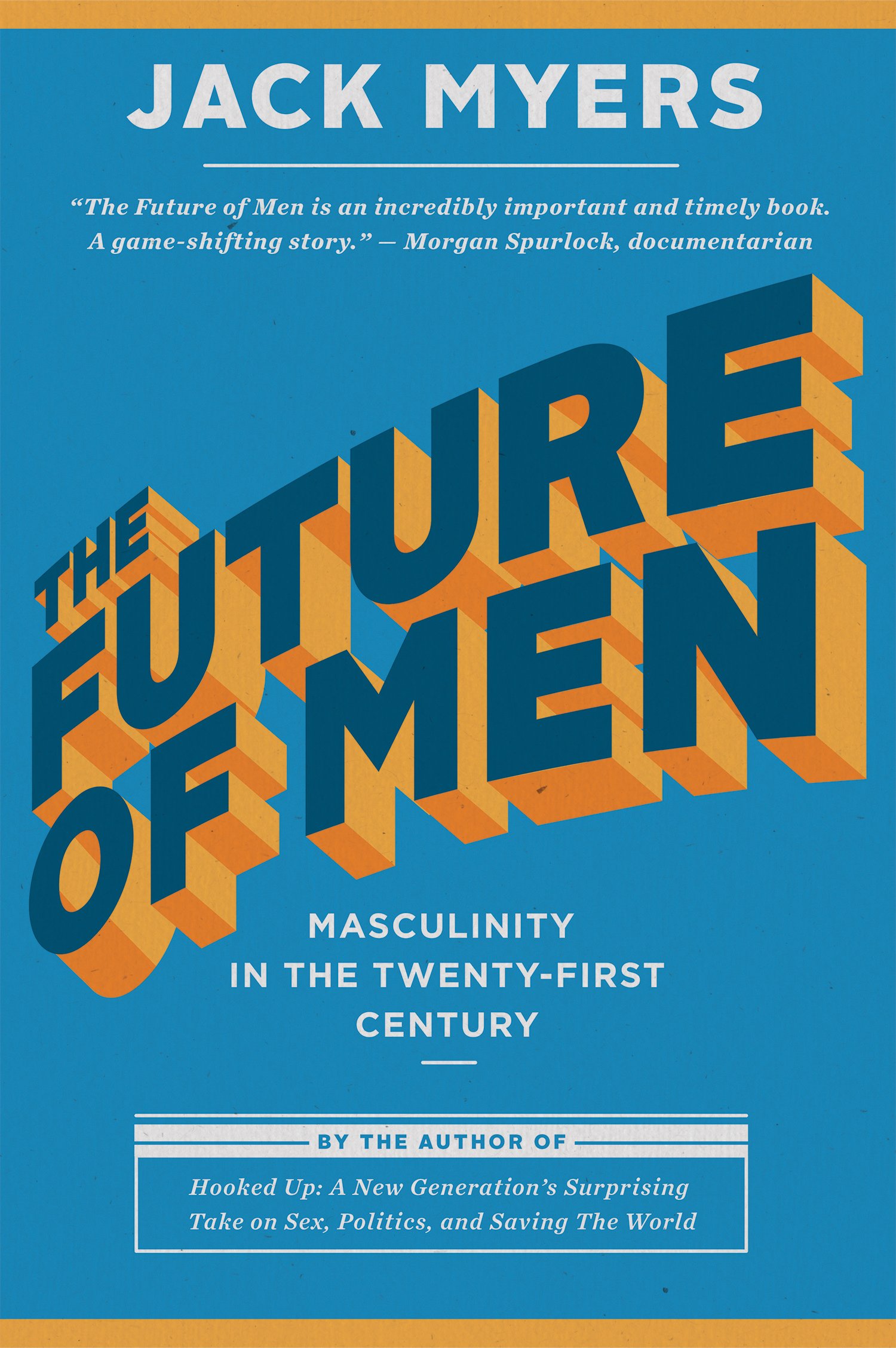
We are at a historic moment in gender relations. The women’s movement can move ahead with the active support, involvement and encouragement of men, or fall behind as men—especially young men—take up arms behind the quiet, but active, angry men’s movement. This conflict is playing out in politics right now.
Donald Trump and Bernie Sanders are tapping into what I’m calling a “Lean Out” generation of young, discouraged and angry men—men who are feeling abandoned by the thousands of years of history that defined what it meant to be a real man: to be strong; to be a provider; to be in authority; to be the ultimate decision maker; and to be economically, educationally, physically and politically dominant. A growing percentage of young men are being out-earned by young women, as women capture 60% of the higher education degrees required for success in today’s economy.
We have the window right now to redefine what a good man—a “real man”—is in the 21st century. As a society, we need to elevate the standards to which men are being held and no longer accept the outdated mantra that “men will be men, and boys will be boys.” We must have zero tolerance for the destructive brotherhood that occurs when men of all ages gather and depend on sexism and misogyny as their common bond.
These are the tools of the patriarchy; they are the rituals of hazing that signify a boy’s entry into manhood. They can be discarded if we create a new narrative that welcomes young men into a truly gender-equal society. We should beware of falling into the trap of believing that the future of men is an “either, or” confrontation with the women’s movement.
The future of men is women.
I believe women and the women’s movement can be at the center of a new narrative and national conversation focused on developing positive male role models for future generations. Focusing on better men, dads, husbands, boyfriends and sons does not come at the expense of the rightful attention to women’s rights and equality.
The challenge is that there is no foundation on which to build a movement of support, guidance and respect for men who are confronting outdated notions of masculinity. A hopeful and positive future for men and women living in a gender-equal world requires that we also acknowledge the crisis that many young men are facing, and that we invest in solutions.
If we fail to focus on redefining men’s roles alongside women’s, we are in danger of fostering a culture of hostility among men who are feeling left out in school, in the job market, and in relationships. These men will be less likely to accept gender equality, less likely to advocate advances for women, and less likely to foster healthy relationships and families. For the sake of a healthy society, we need to redefine a positive and appropriate form of masculinity.
Just as it’s no longer acceptable to educationally, economically and politically restrict women, it is no longer acceptable to disregard men’s issues. When we bring men into the conversation, we further gender equality for everyone.
More Must-Reads from TIME
- How Donald Trump Won
- The Best Inventions of 2024
- Why Sleep Is the Key to Living Longer
- Robert Zemeckis Just Wants to Move You
- How to Break 8 Toxic Communication Habits
- Nicola Coughlan Bet on Herself—And Won
- Why Vinegar Is So Good for You
- Meet TIME's Newest Class of Next Generation Leaders
Contact us at letters@time.com